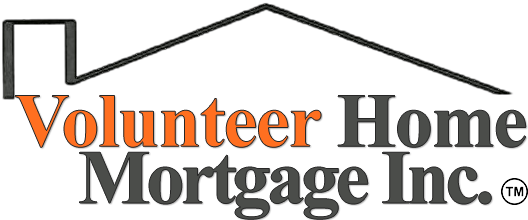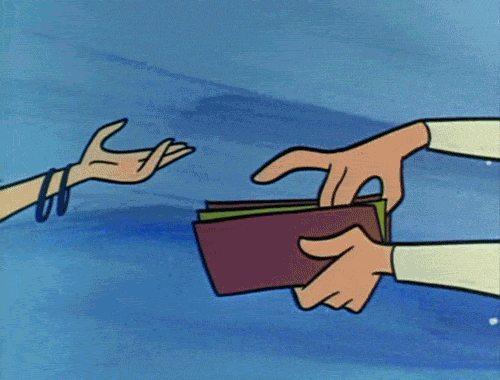
Whether you’re buying a home or refinancing one, you know it’s going to cost you money. That’s why you need a mortgage loan!
Of course, you probably need the loan to cover the house’s purchase price or its current value. But many buyers need their mortgages to cover closing costs, too.
We at Volunteer Home Mortgage know the ins and outs of mortgage loans, and we want you to be prepared for closing cost expenses you may not have expected.
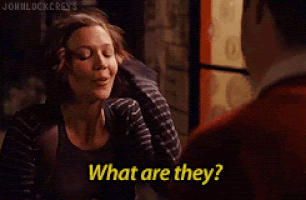
What Are Closing Costs?
What, then, costs so much “extra” money? What expenses do you owe to buy or refinance your home other than the purchase price?
Well, obtaining a mortgage loan is not as simple as withdrawing money from your bank’s ATM. You must apply for a loan, be reviewed for a loan, and be approved for the loan. That process requires your lender to put in a significant amount of work on your behalf which will cost you money.
After you are approved for the loan, the bank must make sure the house you are buying is worth the money you are borrowing. At that point, you have to hire professionals to verify the home’s condition, worth, ownership, and boundaries.
All of the fees you owe the lender and other professionals for helping you finalize and close on the purchase or refinancing of your house make up your closing costs, and those can be broken into 4 different categories.
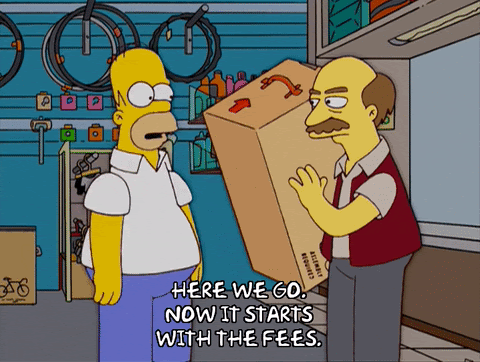
1 – Loan Fees
Your first set of closing cost fees revolves around the mortgage loan itself.
Lenders typically make money off your interest payments throughout the life of your loan which covers their costs to service your loan.
However, lenders spend manpower and time preparing, processing, reviewing, and closing your loan before you ever start making monthly principal and interest payments.
Their charges for those upfront costs appear on your Closing Disclosure as the following: credit report fee, loan application fee, origination fee, and underwriting fee. If you requested interest rate locks or discounted interest rates, you will also pay those at closing.

2 – Title Fees
Your second set of closing costs consists of the fees you owe attorneys or title companies to research the property’s ownership records and to legalize your purchase of the house.
Closing agents charge you for title searches, transfer taxes, document preparation, document handling, and document deliveries to your lender.
If you purchase title insurance to protect your lender and yourself from challenges to your right to own the property after you purchase it, you will also owe those fees at closing.

3 – Third Party Fees
Your third set of closing costs are the ones you owe third-parties who help you meet your lender’s underwriting requirements.
Those fees can include mortgage broker fees, appraisal fees, home inspection fees, pest inspection fees, survey fees, HOA transfer fees, and more.
Some of these service professionals require you to pay their costs before your loan closes, but if they do not, you will pay their fees at the closing table.
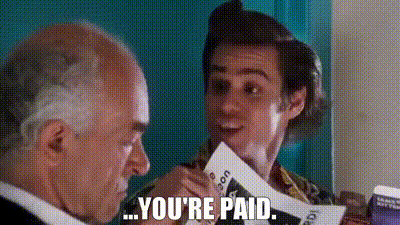
4 – Prepaid Fees
Your fourth and final set of closing costs are made up of deposits or prepayments you owe to cover interest, insurance, and taxes.
Typically, you owe a year’s worth of homeowners insurance before or at your mortgage closing. Your lender will also collect multiple months of property tax, homeowners insurance, and mortgage insurance payments to open your escrow account.
Additionally, you will owe money to cover interest that accrues on your loan from the closing date through the end of the month and money to cover property tax dues you owe the city and/or county from the closing date through the end of the tax year.

Closing Costs are Inevitable
If you are buying or refinancing a home, you have to pay closing costs. We at Volunteer Home Mortgage cannot change that fact, but we can help you reduce and predict those costs.
We would love to hear from you and answer any questions you have about buying or refinancing your home!
